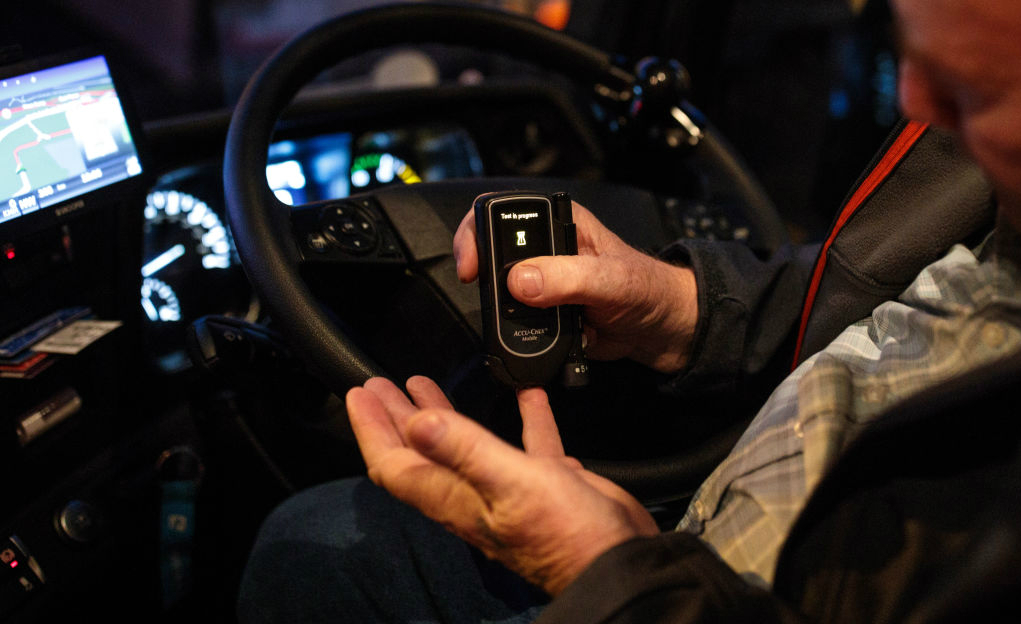Health and Healthcare
This Insulin 'Tea Bag' May Be a Game-Changer for Diabetics

Published:
Last Updated:

A researcher at the University of Arizona, working in collaboration with other scientists across the country and in Canada, has been developing new technology that might mean diabetics will no longer need multiple daily insulin shots.
Klearchos Papas, a professor in the departments of surgery and medical imaging at the university’s College of Medicine in Tucson is perfecting an implantable device that can sense glucose levels and deliver regular insulin doses as needed.
In diabetes, islet cells in the pancreas — which produce insulin, the hormone that controls blood sugar levels — stop functioning properly, and blood sugar runs amok. (The structure of insulin was discovered in 1969 by chemist Dorothy Hodgkin, remembered as one of the most influential women in science.)
In the new technology, a microscopically porous silicone envelope, less than three-quarters of an inch in diameter and filled with islet cells harvested from deceased donors, is implanted near the liver.
The device has been likened to a tea bag, because the cells remain inside, like tea leaves, while the insulin comes out. For optimum performance, the implant should be accompanied by an implanted oxygen generator to feed the islet cells.
Sufferers from Type 1 diabetes are the most likely to benefit from the new technology, as their need for regular insulin infusions is absolute, whereas some Type 2 diabetics can control the disease, at least in its early stages, through oral medication and lifestyle changes.
Insulin tea bags won’t be available to the public for some time, however. Dr. Papas won’t be able to begin clinical trials for another three to four years, after completion of preliminary testing.
At least 8.5% of adults globally and more than 420 million people worldwide suffer from diabetes, and doctors advise that everyone be aware of the warning signs that you might have diabetes.
The thought of burdening your family with a financial disaster is most Americans’ nightmare. However, recent studies show that over 100 million Americans still don’t have proper life insurance in the event they pass away.
Life insurance can bring peace of mind – ensuring your loved ones are safeguarded against unforeseen expenses and debts. With premiums often lower than expected and a variety of plans tailored to different life stages and health conditions, securing a policy is more accessible than ever.
A quick, no-obligation quote can provide valuable insight into what’s available and what might best suit your family’s needs. Life insurance is a simple step you can take today to help secure peace of mind for your loved ones tomorrow.
Click here to learn how to get a quote in just a few minutes.
Thank you for reading! Have some feedback for us?
Contact the 24/7 Wall St. editorial team.